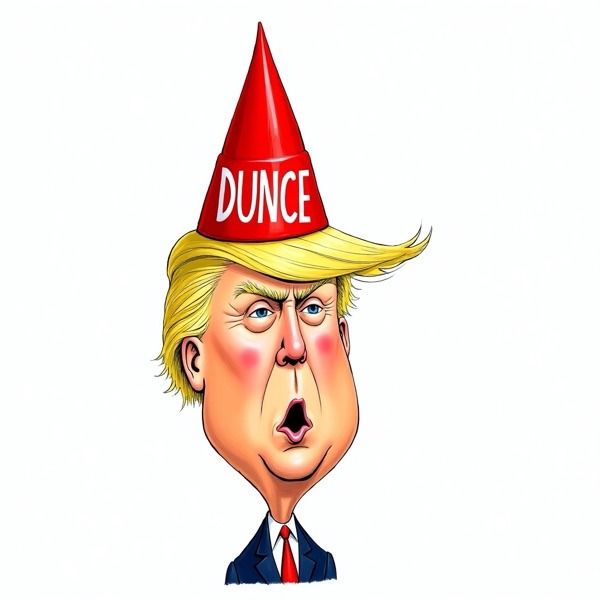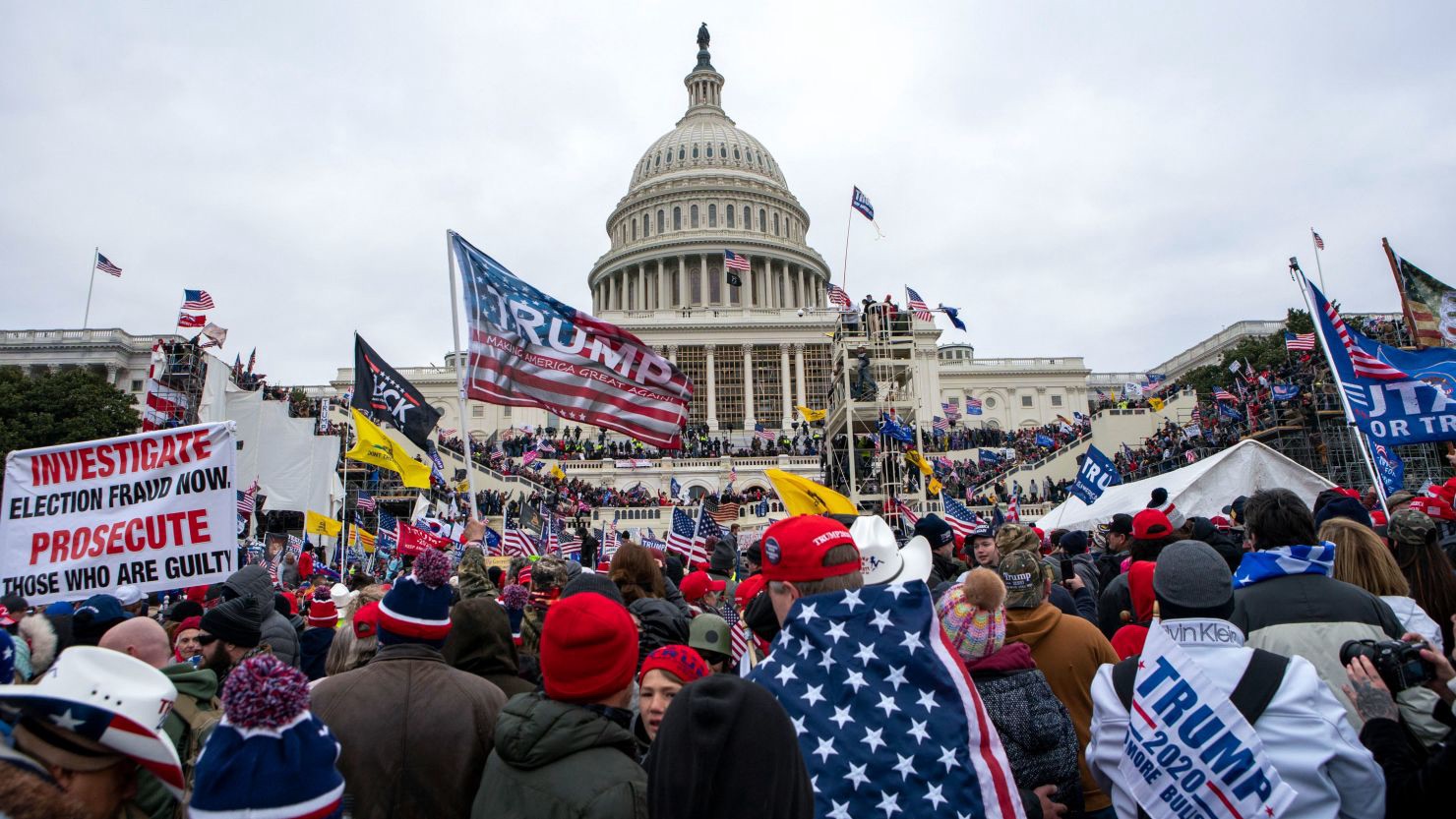Raising the minimum wage is a common demand, but why not set a maximum wage too? Billionaires don’t exist because of hard work alone—they exist because they hoard wealth that should be circulating in the economy. Maximum wage activism pushes for strict limits on how much an individual can earn, whether through direct caps or heavy taxation. The goal isn’t just to shrink billionaire bank accounts—it’s to create a fairer economy, fund essential services, and stop extreme wealth from distorting democracy.
The idea isn’t radical. Franklin D. Roosevelt once proposed capping annual income, and in the 1950s and ‘60s, the U.S. had a top tax rate of over 90%—yet the economy thrived. Billionaires aren’t innovators; they’re monopolizers. Their wealth isn’t proof of genius but of exploitation—low wages, tax loopholes, and financial manipulation. A maximum wage would put a stop to this hoarding and reinvest wealth where it belongs: into workers, public services, and infrastructure.
Opponents argue that limiting extreme wealth would kill ambition and innovation. That’s nonsense. The most innovative decades in U.S. history happened when the ultra-rich actually paid their fair share. What really stifles progress is wealth concentration. When billionaires control industries, they don’t create—they buy, consolidate, and kill competition. They don’t drive innovation; they block it.
The biggest threat billionaires pose is to democracy itself. When a handful of people control vast amounts of money, they also control elections, laws, and media. No one should have the power to buy policy, yet billionaires do it every day through lobbying, campaign donations, and corporate influence. Limiting their wealth isn’t just an economic issue—it’s a fight for democracy.
CEO pay is another example of this rigged system. When executives make 300 to 400 times more than their workers, it’s not because they work harder—it’s because they set their own pay while keeping everyone else’s down. A maximum wage could change this by capping executive pay relative to worker salaries or taxing excess earnings at near-total rates. If billionaires won’t pay fair wages, they should pay steep taxes.
This isn’t just about the U.S.—it’s a global issue. While billionaires stash money in offshore tax havens, millions go without healthcare, housing, or food. The myth that billionaires are necessary for philanthropy is absurd. If they paid their fair share in taxes, we wouldn’t need their charity in the first place.
Some say billionaires will just move their wealth to low-tax countries. So what? If the working class can’t escape taxes, neither should the rich. Global tax enforcement, financial transaction taxes, and penalties for tax dodging could stop them from running away with stolen wealth. The problem isn’t a lack of solutions—it’s a lack of political will.
A maximum wage won’t destroy ambition—it will stop extreme greed. No one is saying people shouldn’t succeed, but there should be a limit to how much wealth one person can hoard while others suffer. The economy should work for everyone, not just a handful of billionaires. It’s time to stop protecting their excess and start fighting for real fairness.





